Screen Cultures: A SACE Research Forum
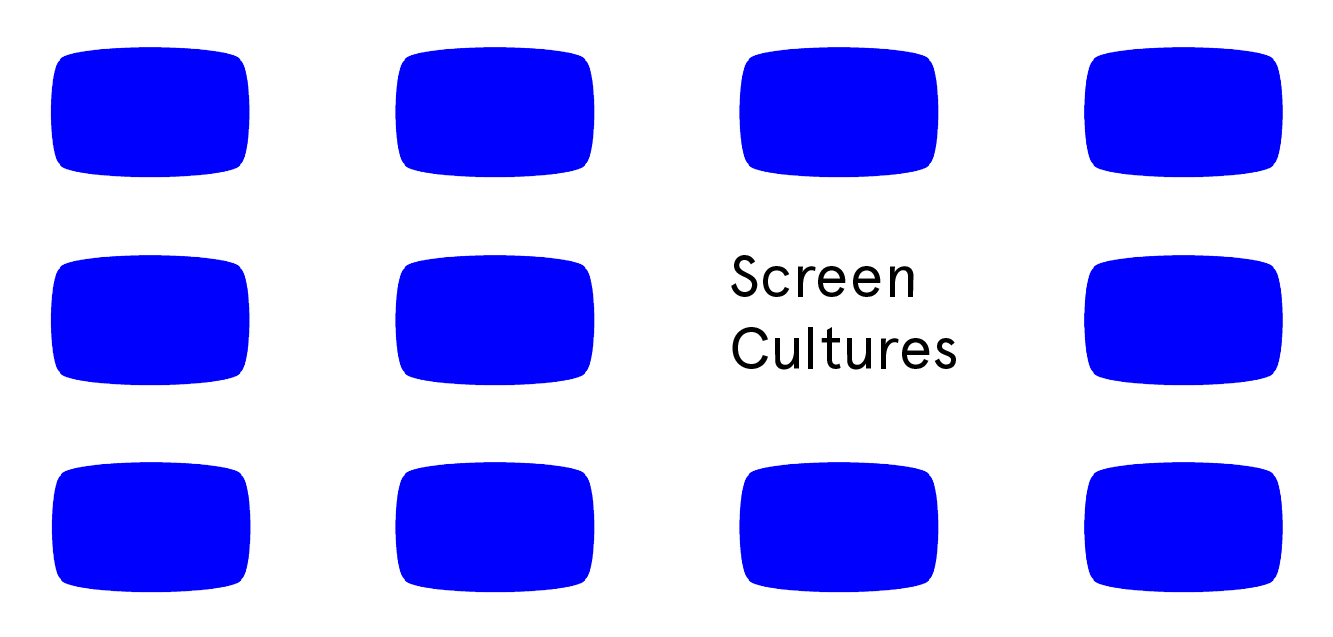
An interdisciplinary forum for screen scholars in the School of Arts, Communication and English.
Screen Cultures is a site for higher degree researchers and academics from the School of Arts, Communication and English at the University of Sydney to connect and share their research and ideas.
In a set of gatherings over the course of 2025 and 2026, we hope to elaborate the historical, conceptual and political stakes of our contemporary screen culture, and demonstrate the School's unique capacity to address it.
Each session will include a presentation of new research by a SACE academic and PhD student, followed by a response from an invited guest, and then lots of time for general discussion.
A Screen Age?
The culture of global modernity has been shaped by screens. Since the nineteenth century, humans’ relationship to the natural world, to ideas, and to each other have been increasingly mediated by screens: by the handheld photograph and smart phone, to the large-scale spectacle of film.
Today, in our digitally mediated lives, screens are so ubiquitous as to become almost invisible. Has the screen age reached its apogee? What might come after the screen age?
The “Screen Cultures” research forum provides a platform for members of the University of Sydney's School of Arts, Communciation and English to explore these questions together.
The series will bring together artists, art historians, film and media scholars and many others to elaborate a new discourse on screens, highlighting the School’s unique capacity to explore both how we see the world, and how creative practices might help us see differently.
Screen Cultures is convened by Nick Croggon, Andrew Sully and Will Mu, and is part of the 2025 SACE Research Event Series, with support from the Power Institute.
Events
Past
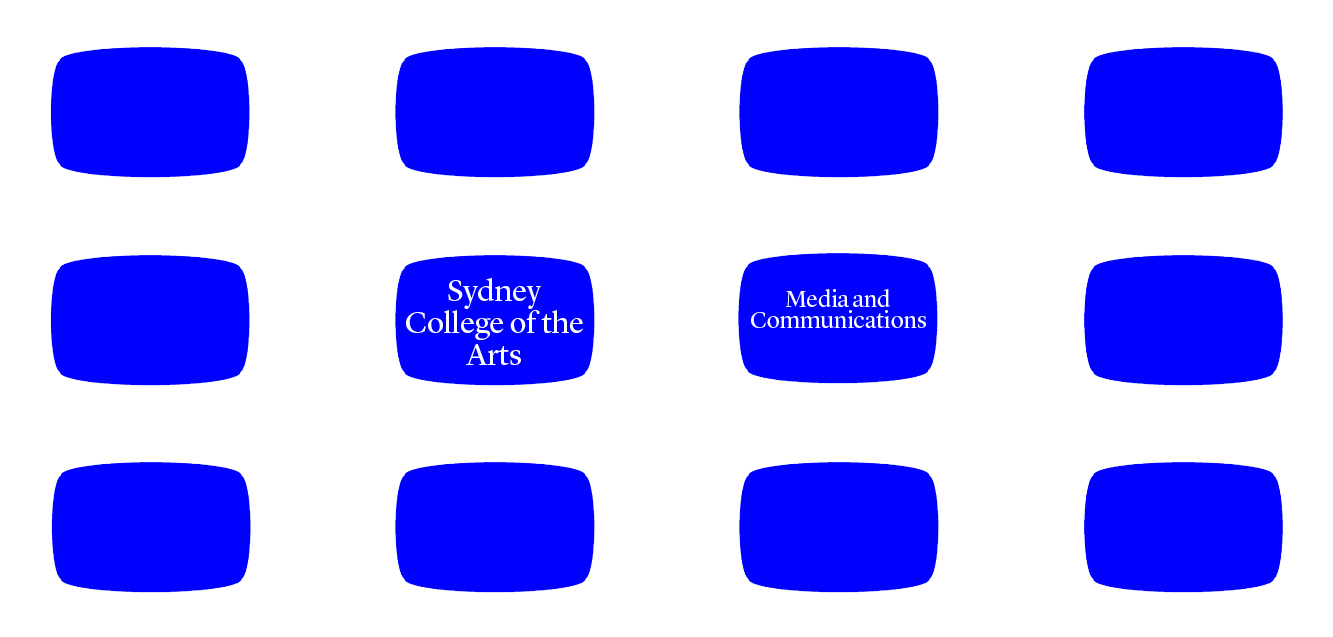
Immersion
The first session of Screen Cultures, a new research forum focused on the forms and futures of the screen.
People
Wenqi Tan
Wenqi Tan is a PhD candidate at the University of Sydney and a Singapore Social Science Research Council Graduate Research Fellow. Her research focuses on inclusion in new media, communication, and technology—including virtual reality (VR) and autonomous vehicles. She’s interested how digital spaces can be meaningfully inclusive for disabled people, especially for the purposes of community-building, social participation, and play. Wenqi’s thesis research centres disability inclusion in the materiality, design, and cultures of social VR.
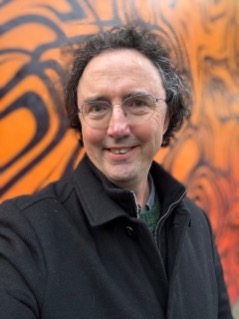
Chris Chesher
Dr Chris Chesher is Senior Lecturer in Digital Cultures in the Discipline of Media and Communications. He co-founded the Digital Cultures program and the Master of Digital Communication and Culture. He was previously senior lecturer in the School of Media and Communications at the University of New South Wales. He has a PhD from Macquarie University, a Masters in Interdisciplinary Studies at the University of New South Wales, and Bachelor of Arts (Media and Communications) from Mitchell CAE (now Charles Sturt University). His transdisciplinary approach to digital cultures, media studies and cultural studies connects with philosophy of technology, science and technology studies, games studies, internet studies, sociology of technology, human-computer interaction, social robotics, cultural robotics and digital humanities.
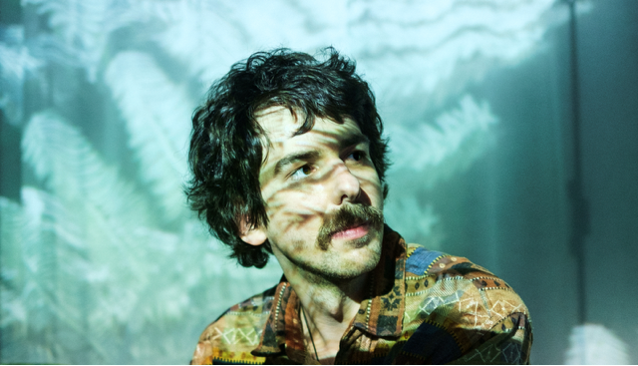
Ben Joseph Andrews
Ben Joseph Andrews is a new media artist and creative technologist from Wathaurong country in regional Australia. His practice harnesses emerging and embodied technologies to expand perceptions and instill a sense of wonder to the world we inhabit. His work - often created in partnership with regular collaborator Emma Roberts - includes projects such as Turbulence: Jamais Vu, which won the IDFA DocLab Award for Immersive Non-Fiction in 2023 and has been exhibited at Watershed Bristol, the Wales Millennium Centre, and Venice Film Festival’s Best of Immersive program, picking up awards at ANIDOX (Special Jury Mention), Art*VR (Best Design) and Beyond the Frame (Best Experience). Their project Gondwana (2022), a constantly-evolving virtual ecosystem declining over a day’s exhibition, has been visited by over 100,000 audiences around the world, including at Sundance (US), SxSW Austin and Sydney, CPH:DOX, the South Australian Museum, Adelaide Festival, MIT Open Documentary Lab and Science Gallery Michigan, and has just begun a three-year tour of Australia as part of Experimenta’s Emergence program. He is a fellow of the Venice Biennale College (Italy) and Frame Documentary Lab (Australia) and has spoken for NYU Tisch, Sundance Film Festival, Heide Museum of Modern Art and MIT Open Documentary Lab.
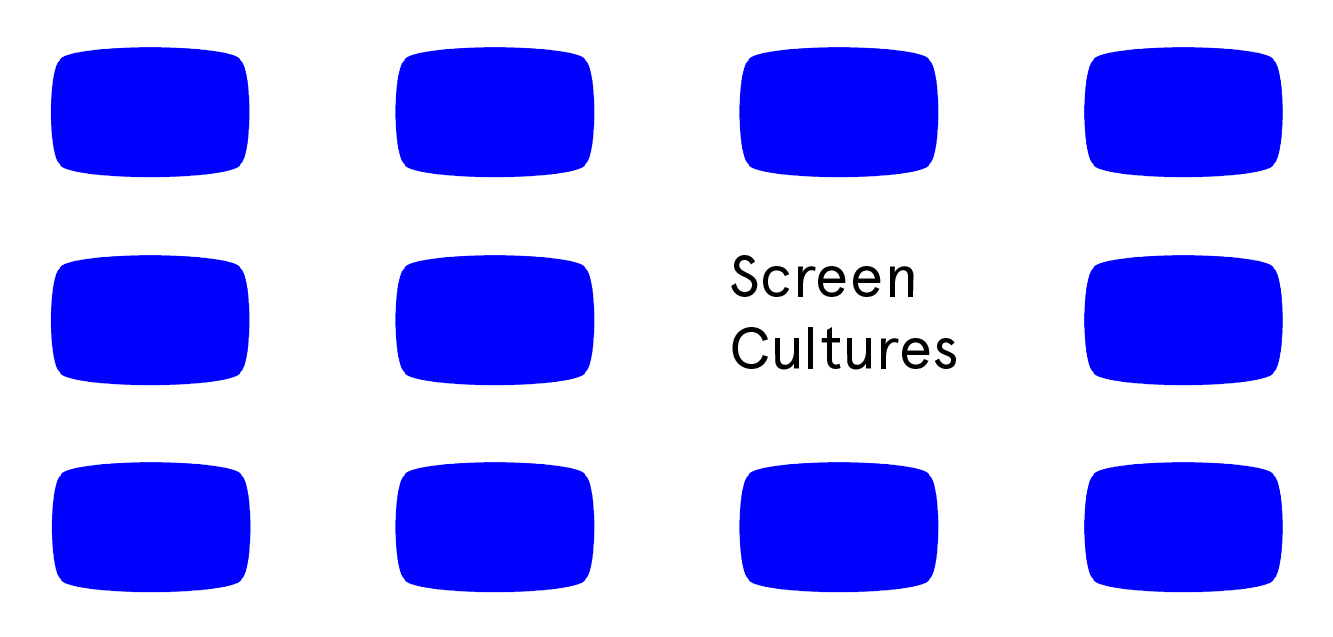
Photography
The second session of Screen Cultures, a new research forum focused on the forms and futures of the screen.
People
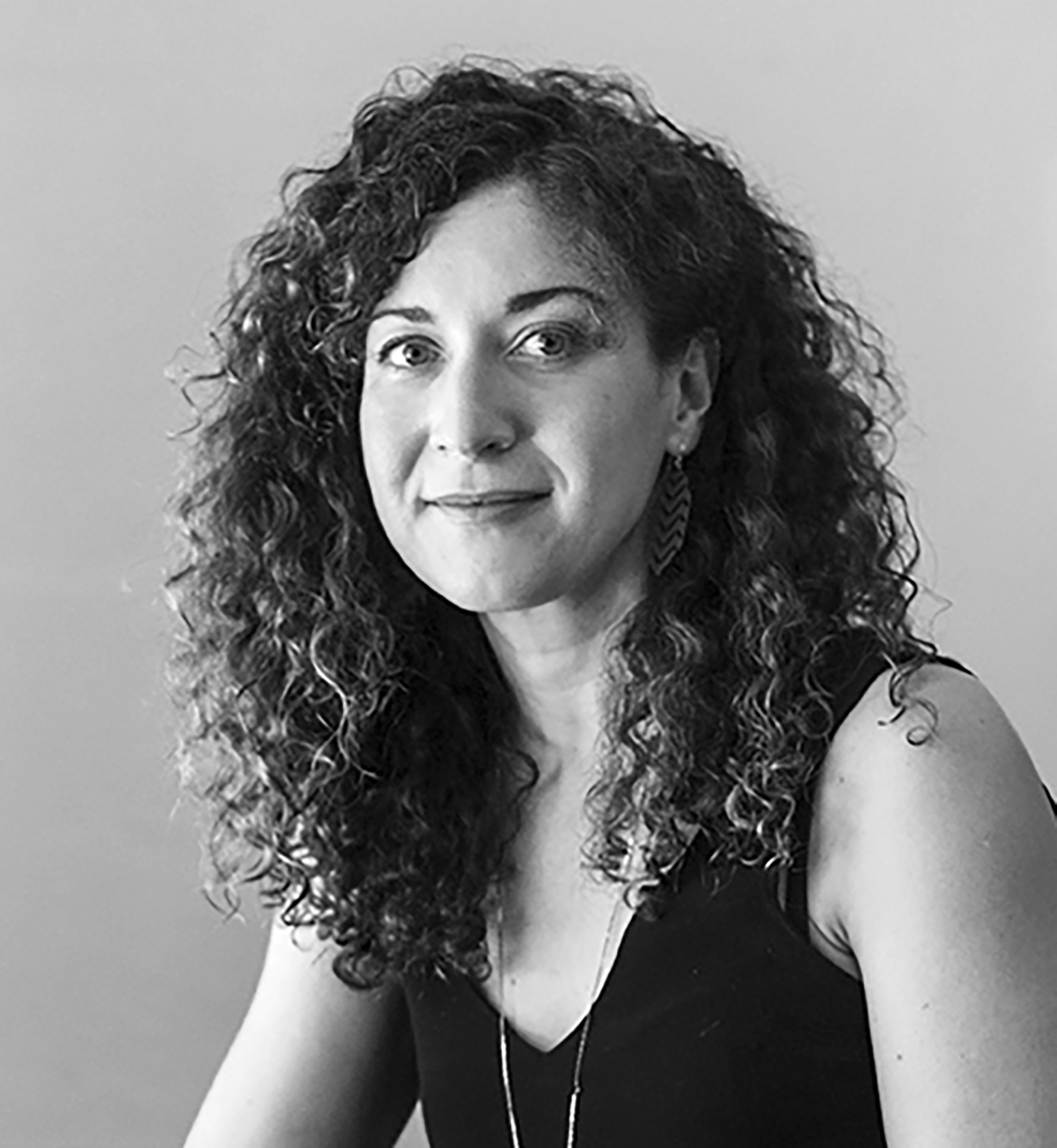
Yvette Hamilton
Dr Yvette Hamilton is an Australian interdisciplinary artist and academic of Mauritian descent. She is a Senior Lecturer in Contemporary Art at Sydney College of the Arts, University of Sydney, and has been a practising artist for more than fifteen years. Her research and expanded practice probe the limits and expectations of representation within photography, exploring the ontological paradoxes inherent in the medium. This inquiry is underpinned by sustained material experimentation with photographic processes—past, present, and potential futures—and a commitment to sustainable, collaborative practice. Awarded the 2024 Art Association of Australia and New Zealand PhD Prize (Practice-led), Hamilton investigates photography’s thresholds of appearance, disappearance, and re-imagination across artistic, scientific, and philosophical contexts. Her outputs span peer-reviewed publications, interdisciplinary collaborations, and a substantial record of nationally and internationally recognised exhibitions.
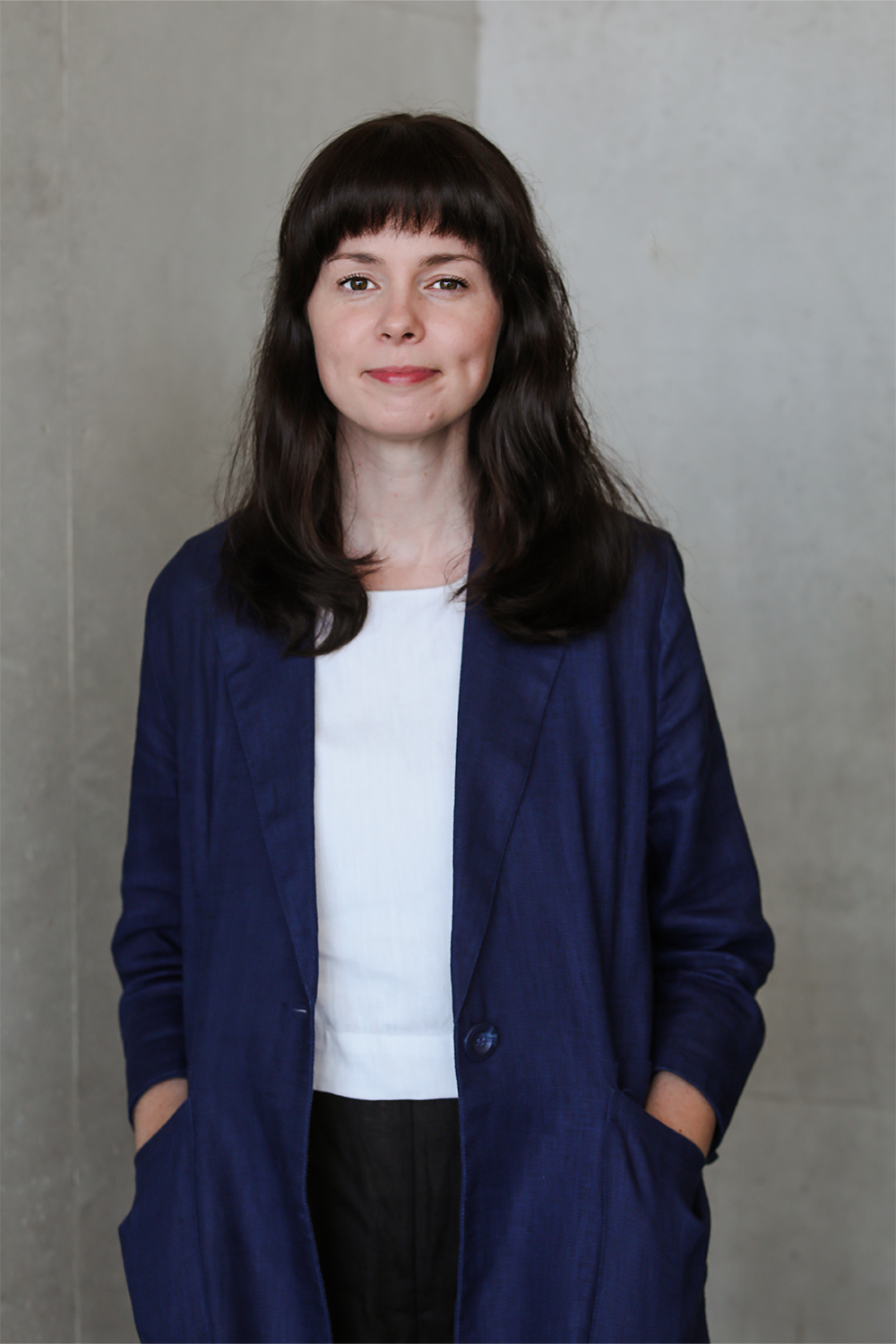
Antares Wells
Antares Wells is a curator and writer with a specialisation in photography. She is Assistant Curator at the Museum of Contemporary Art Australia, where she works across exhibitions, commissions and publications. Previously, she was Curator at the Powerhouse Museum, Sydney, and Curatorial Assistant in the Department of Photographs at the J. Paul Getty Museum, Los Angeles. Her curatorial and research interests are consciously broad, spanning nineteenth-century photographic practices through to international contemporary photography, film, archive-based practices, and installation. Antares has presented research in photography at the Victoria & Albert Museum, London; University of California at Riverside; Concordia University, Montréal; and University of St Andrews, and is the recipient of awards from the University of Virginia, the J. Paul Getty Trust, and the Lucie Foundation, New York.
Jennifer Yang
Jennifer Yang is a PhD candidate in Art History at the University of Sydney researching the (re)production and circulation of painted photographs across British and Dutch occupied Southeast Asia. Her writing has been published in journals including Southeast of Now and Trans Asia Photography as well as Australian and international arts publications including Asia Art Archive’s Like a Fever, Art Asia Pacific, and Artguide. Jennifer has also curated exhibitions which include Our Grandfather Road (2022) at 16 albermarle project space, Sydney and Everything We Inherit (2024) at ISA Art Gallery, Jakarta.
People
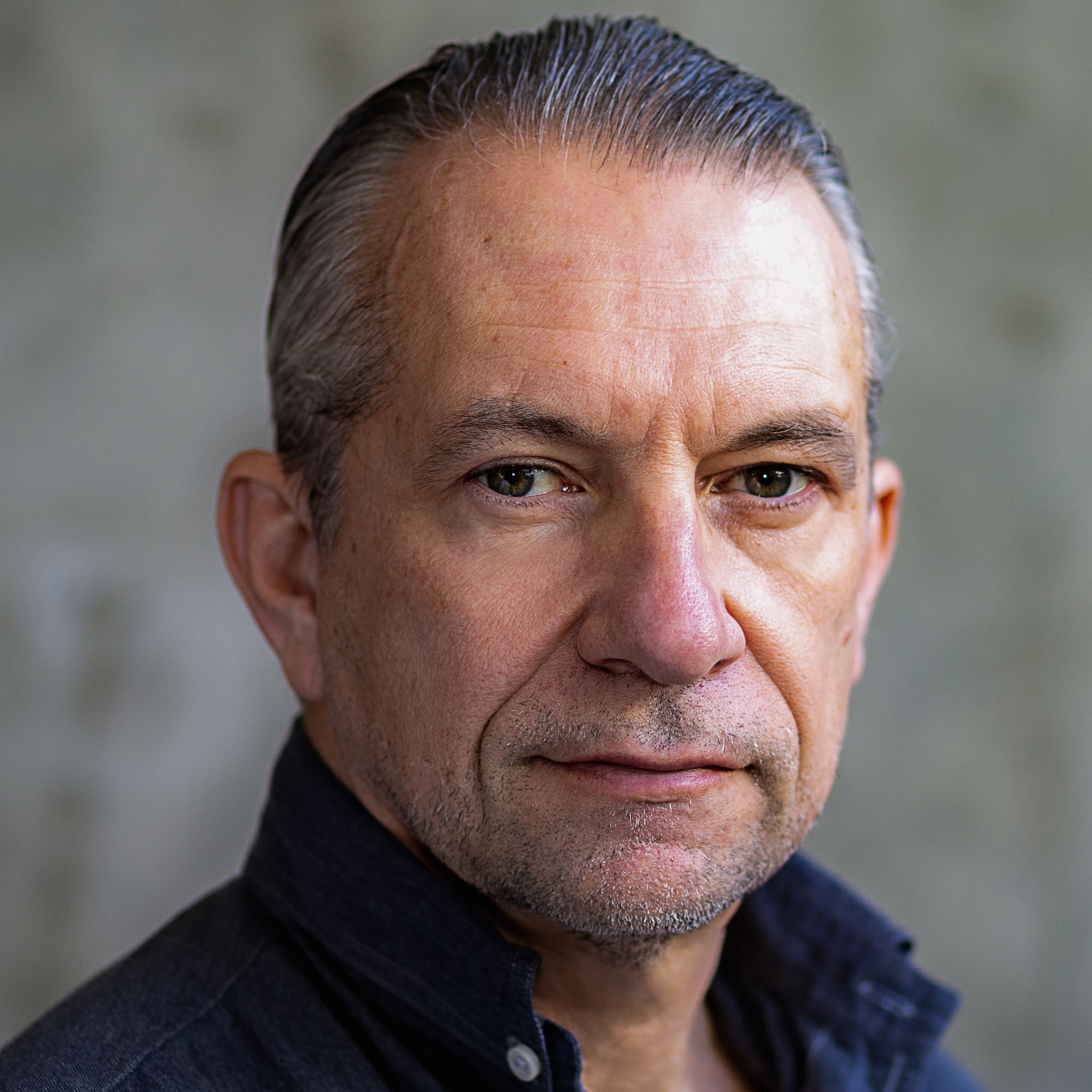
Andrew Sully
Andrew Sully s a filmmaker working across drama and documentary. In 2015, he directed Bespoke, an innovative three-part ABC TV series on the global Maker movement. He previously wrote and directed Devil Island, a six-part natural history series for ABC TV, ITV and France 5. His 2009 documentary Anatomy of a Massacre investigated the 1991 Santa Cruz Massacre in Timor-Leste. Feral Peril (ABC TV), an ecological detective story about Tasmania’s introduced feral carnivores, won three awards at the International Wildlife Film Festival (USA). In 2005, he created and directed the acclaimed ABC TV series The Shearers. His short dramas have received an ATOM Award, Best Film at St Kilda Film Festival, and the Grand Prix at Poitiers Film Festival. In 2016, he was a director on an EU-funded 20-part drama series in Timor-Leste. He has also produced and directed three 1-hour specials for ABC TV’s Catalyst. Most recently, he directed the award-winning short The Dam and the documentary The Spirits of Tasi Tolu. Andrew holds a PhD from Macquarie University’s Department of Media, Culture and Communications. He lectures in film and screen arts at Sydney College of the Arts, University of Sydney.
Will Mu
Will Mu is a PhD student in Media and Communication at the University of Sydney. His research explores how movement is mediated as an “illusion of life” across films, video games, and robots. Before beginning his PhD, he spent over a decade in China working as a creative producer and project developer in film, VFX, and animation production houses, where he collaborated with directors and screenwriters to develop screenplays for films, animations, and TV series. He holds a Master’s degree in Media, Culture, and Communication from New York University.
